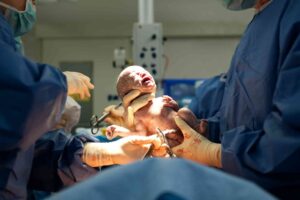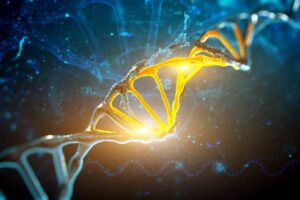Giorgia Guglielmi
Gastroenterology
Researchers have found that some microbes involved in inflammatory conditions produced different effects based on their interaction with different host genes and through different pathways.
Scientific research
A human rights activist and a group of anthropologists and human biologists provide suggestions for more inclusive and ethical research practices in microbiome research.
Neuroscience
Researchers have found that a metabolite released from gut bacteria contributes to cognitive decline by influencing gene expression in the brain’s resident immune cells.
Scientific research
A new study (Science Translational Medicine) suggests a link between microbiota, microbial metabolites and the maintenance of specific immune cells.
Endocrinology, Scientific research
Researchers have found that the gut microbiota could contribute to liver function through the transfer of bacterial sphingolipids to the host’s liver.
Pediatrics
A new clinical trial indicates that Bifidobacterium strains can accelerate microbiota maturation, with positive immunological effects in premature babies.
Pediatrics
New research suggests that a combination of human milk-derived sugars and the probiotic Bifidobacterium infantis could help manipulate the gut microbiota in ways that may offer therapeutic benefits.
Gynecology
If maternal-child microbial seeding improves health outcomes, it may be a public health strategy that could reduce the prevalence of C-section-associated diseases.
Gastroenterology, Pediatrics
New research highlights how microbial signatures could be used to prevent necrotizing enterocolitis, leading to faster diagnosis.
Scientific research
New research provides new insights into host-microbiota genetic interactions, shedding light on the role of human genetics on gut microbes.











